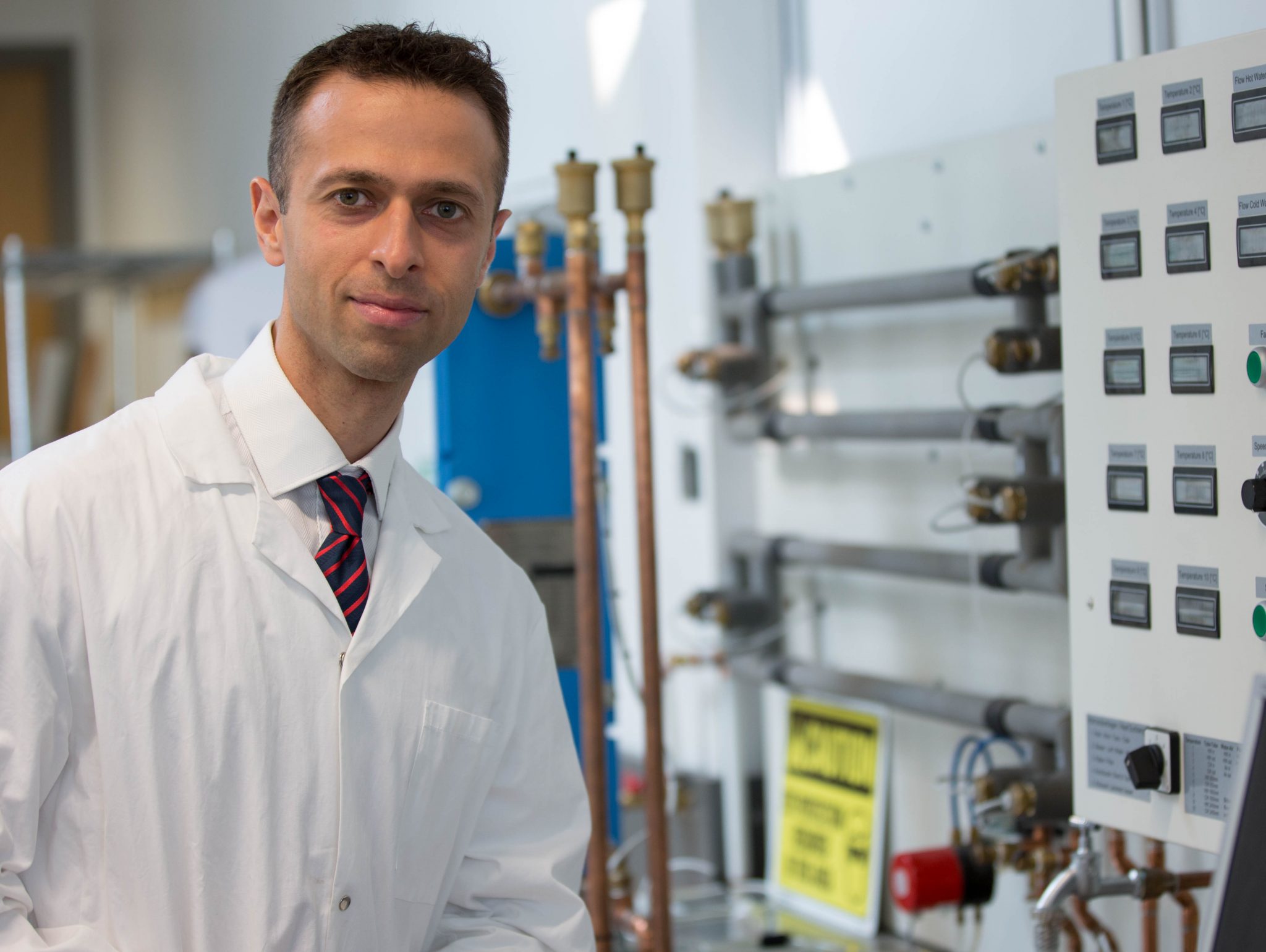
New fourth-year course bridges data mining and machine learning with control systems to innovate manufacturing production facilities.
One of the newest courses at the School of Engineering launches in September, and will introduce students to the latest in industrial standards, and research challenges such as process monitoring and human-machine interaction through practical case studies.
“We’ve developed a course that will truly put students at the cutting-edge of manufacturing,” explains Ahmad Al-Dabbagh, an assistant professor and principal’s research chair in control systems. “By combining data analytics with control systems within a state-of-the-art manufacturing lab, MANF 465 students have an opportunity to see where digital entreprise is heading in the future.”
Digital Enterprise, MANF 465, is a fourth-year design elective, industry-oriented, project-based manufacturing engineering course. It covers systems integration and data analytics in industrial automation systems. Students will be introduced to different hardware, software and communication networks used in modern production facilities, and will use those tools to design data-driven solutions.
“Data generated within a digital enterprise, and modern manufacturing operations, can be very useful,” says Al-Dabbagh. “Students in MANF 465 will not only learn how to use it, but they will test their findings within laboratory-scale experimental platforms that mimic full-scale production lines.”
Over the last year, UBC Okanagan has been building one of the comprehensive advanced manufacturing training labs in the country according to Manufacturing Engineering Associate Director Homayoun Najjaran. “When our Manufacturing Engineering students return to campus in September, most of their courses (such as MANF 465) will take place in the new NC3-Festo National Coalition of Certification Centres Manufacturing Lab.”
The new lab offers automated platforms that has a variety of sensors and actuators, programmable logic controllers, human machine interfaces, manufacturing execution systems, communication networks, and simulation software.
The first graduating cohort of Manufacturing Engineering will be entering their final year of studies in September, and for many of these students this new course is an important step towards employment.
“The on-going evolution of Industry 4.0 requires engineers that are creative in finding solutions to practical problems with available resources,” says Al-Dabbagh. “In MANF 465, students will use operational data to improve engineering processes.”
Al-Dabbagh sees MANF 465 as an excellent gateway for Manufacturing Engineering students as they prepare to enter the workforce. “Courses like MANF 465 provide the tools and expertise to our students to succeed in today’s manufacturing sector.”